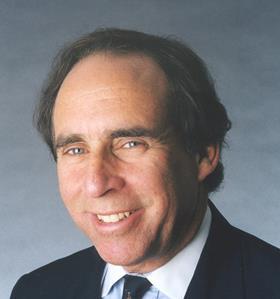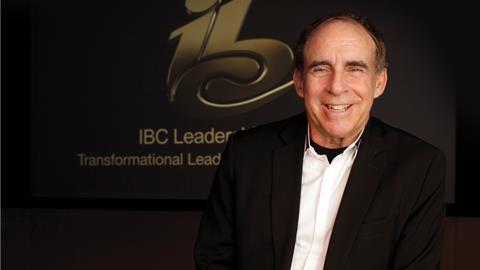Broadcast TV as we know it has gone; for traditional organisations, this means digital reinvention that places the customer experience at its core is necessary.
Saul J Berman Ph.D, as Chief Strategist at IBM Global Business Services, is very well-qualified to talk with authority on today’s media. Indeed, his view is that today’s broadcasting scene is more fluid than ever, with the competitive pressures for ‘traditional’ media companies only growing and with new competitors continuing to arise from within and beyond the industry.
“OTT specialists now account for an increasing amount of customer attention and spending, with Netflix for example now claiming 83m subscribers in 190 countries. Internet giants such as Amazon play across many spaces, including film and television production, cloud-based media supply chain, OTT, and physical product distribution,” he says.
“Broadcast TV as we know it is gone!”
However, Berman warns that today’s media value chain is much less clear. “For example, studios like Disney established their own channels to take their content to consumers. Telecom network operators are creating and acquiring unique content. OTT providers buy content from studios and production companies, but also develop their own content.”
Berman says that while linear TV is not going to vanish overnight, and data suggests that a 1-2 per cent drop per annum in cable subscriptions in the US, while worrying, is a manageable decline.
He stresses that there is no doubt that consumer habits have changed and some OTT providers have built strong businesses.
“For example, the Rio 2016 Olympics generated nearly twice as much digital coverage as traditional TV coverage.
NBC reported significant growth in online viewing and a 17 per cent drop in linear viewing for the first 10 nights. This indicates how broadcast TV as we knew it is gone!”

“What we do expect is that linear television and online and on demand services will co-exist. However, this does mean the rewards are likely to shift. It is about who gets the money. The consumer just wants to find and watch programmes that interest them, when they choose, on whatever device they choose, and with a great user experience. This implies access to all forms of television – linear and on demand – with a degree of personalisation. It is difficult for a traditional broadcaster to achieve this dramatic change in strategy.”
Digital reinvention
Berman says that it’s time for ‘digital reinvention’ for broadcasters.
“Digital reinvention is about rethinking and reimagining your entire business starting with the customer experience. It’s a framework that helps organisations create unique, compelling experiences for their customers, partners, employees, and other stakeholders. The most successful digitally reinvented businesses establish a platform of engagement for their customers, acting as enabler and conduit.”
Berman’s proposal combines multiple technologies, including cloud, cognitive, mobile, and the Internet of Things (IoT), and uses them as enablers for the new customer experience they are developing.
“For traditional organisations, digital reinvention involves a fundamental ground-up reinvention of strategy, operations, and technology. Organisations need to pursue this new strategic focus, build new expertise, and establish new ways of working. It is critical to orchestrate these elements to achieve the new vision, with customer experience at the centre. This means a new strategic focus on personalisation, which requires the organisation to develop new tools and techniques to acquire, process and deploy customer insight in real-time. It will require collecting customer information and using the data to improve the experience.”
PROFILE

Chief Strategist, VP & Interactive Experience Partner, IBM Global Business Services
Region: USA
Saul J. Berman, Ph.D. is Partner, Vice President, & Chief Strategist within IBM Global Business Services (GBS). In this role he works closely with major corporations around the globe on strategic business issues.
He leads a worldwide team of IBM Interactive Experience consultants focused on delivering business value through business, customer & marketing strategy engagements while improving customer insight and experience.
Dr. Berman has more than 25 years of consulting experience advising senior management of large corporate and start-up organisations.
He is a frequent speaker and author, his most recent book Not For Free: Revenue Strategies for a New World was published by Harvard Business Review Press.
In his role as Chief Strategist he led the development of IBM’s own relationships with Apple, Twitter, Box and The Weather Channel.
This interview was first conducted for IBC2016.




























No comments yet